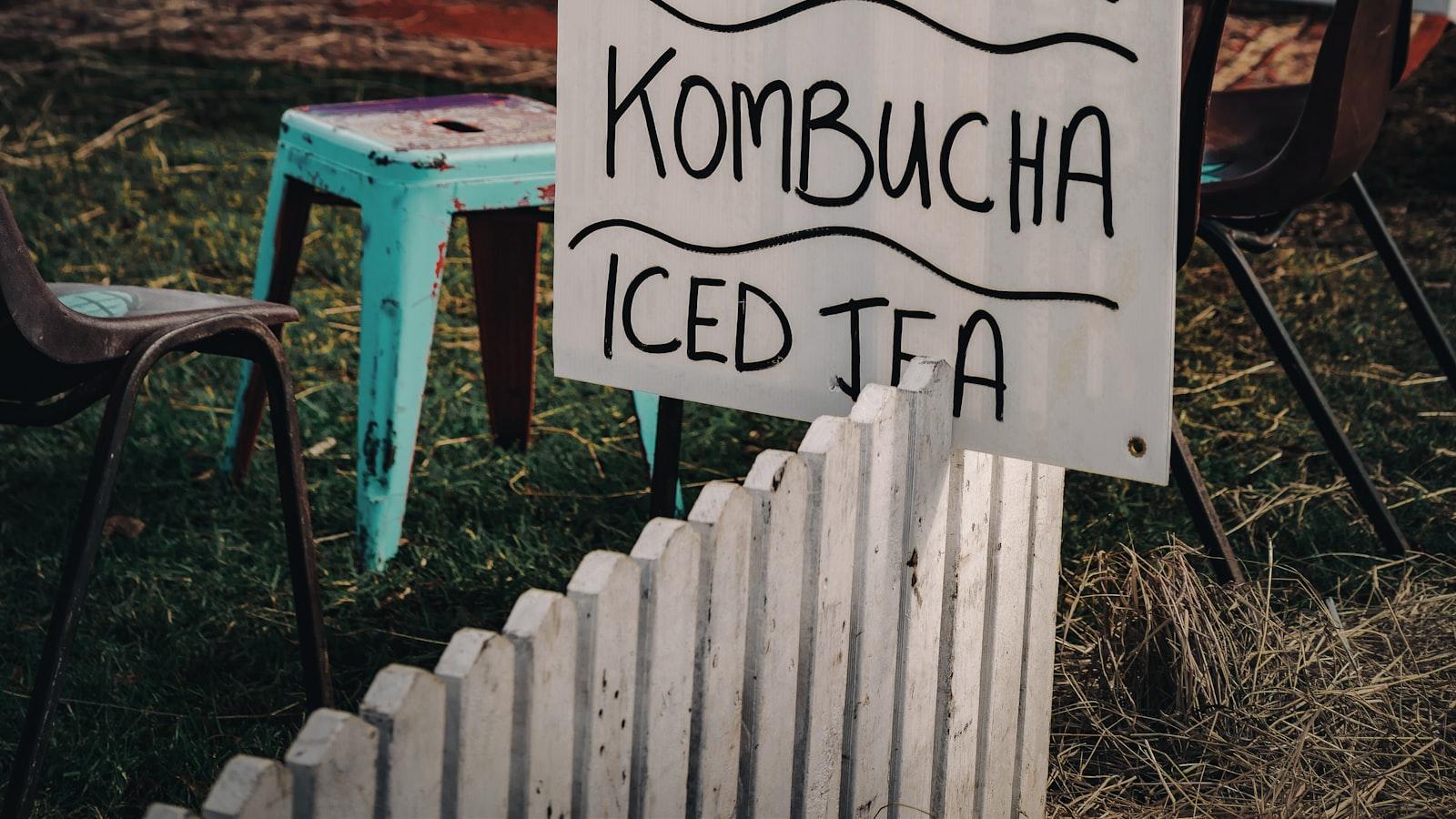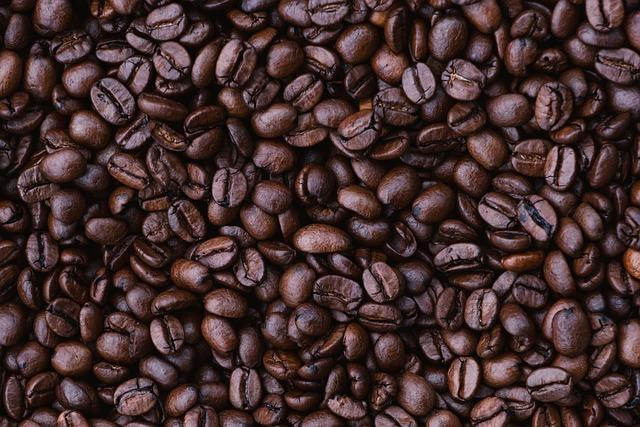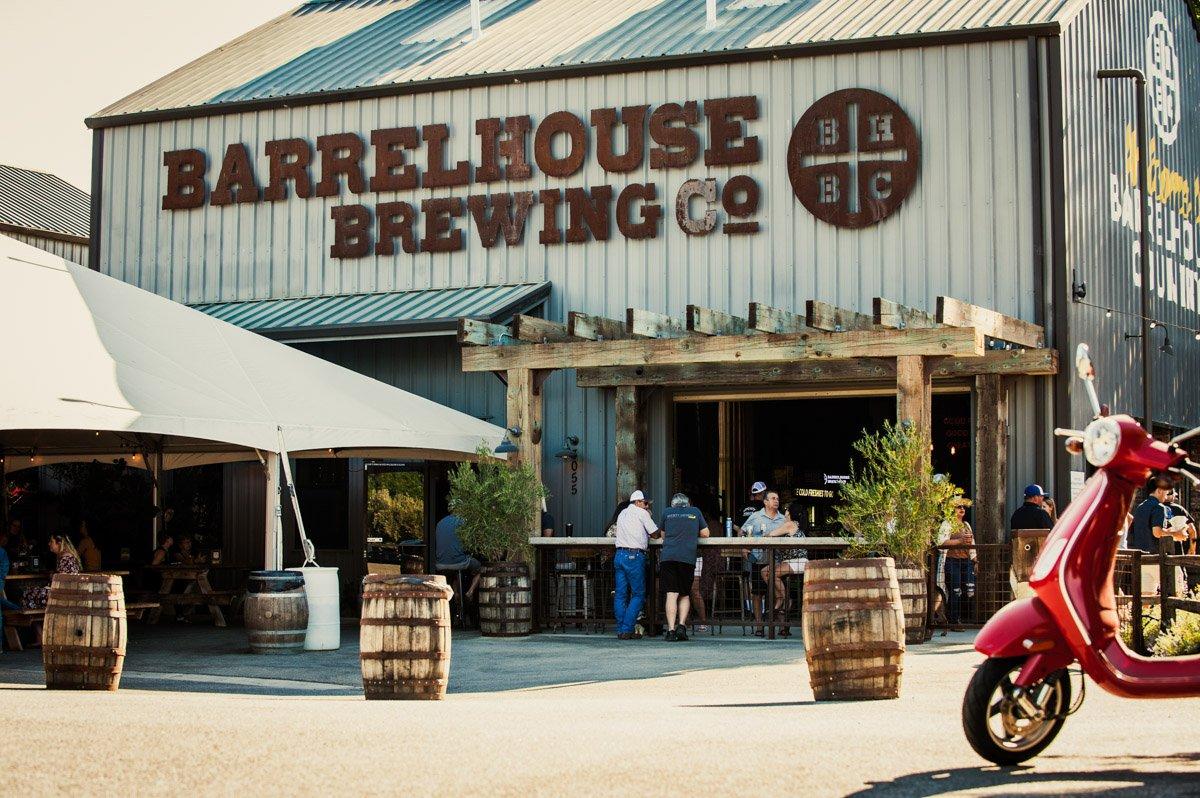Kombucha, the fermented tea drink celebrated for its fizzy, tangy flavors and potential health benefits, has become a popular beverage choice for those seeking a more natural alternative to sugary sodas. While traditional kombucha is typically made with black or green tea, some consumers are seeking out caffeine-free options. In this article, we explore the world of kombucha no caffeine and delve into the reasons why this trend is gaining traction among health-conscious individuals.
Table of Contents
- Benefits of Kombucha without Caffeine
- Exploring Caffeine-Free Kombucha Options
- Why Choose Kombucha with No Caffeine
- Best Practices for Brewing Caffeine-Free Kombucha
- Q&A
- Wrapping Up


Benefits of Kombucha without Caffeine
Kombucha without caffeine offers a variety of health benefits that can help improve your overall well-being. One of the key advantages of caffeine-free kombucha is that it can be enjoyed at any time of day without affecting your sleep or causing the jitters often associated with caffeine consumption. This makes it a great option for those looking for a refreshing drink that won’t interfere with their daily routine.
Additionally, kombucha without caffeine still contains all the probiotic benefits of traditional kombucha, which can help promote a healthy gut and improve digestion. The absence of caffeine also makes it suitable for individuals who are sensitive to caffeine or looking to reduce their overall intake. With its refreshing taste and numerous health benefits, kombucha without caffeine is a great alternative for those looking to enjoy the perks of kombucha without the added caffeine.


Exploring Caffeine-Free Kombucha Options
When it comes to enjoying kombucha without the jolt of caffeine, there are plenty of delicious options to explore. Many kombucha brands offer caffeine-free varieties that still pack a flavorful punch. Whether you’re looking for a refreshing afternoon pick-me-up or a soothing drink to enjoy before bed, there are plenty of choices available.
Some popular caffeine-free kombucha flavors to try include:
- Strawberry Basil: A sweet and savory blend that is perfect for summer sipping.
- Lemon Ginger: A zesty and refreshing option that is great for digestion.
- Watermelon Mint: A light and refreshing choice that is perfect for hot days.
Why Choose Kombucha with No Caffeine
If you’re looking for a healthier alternative to caffeinated drinks, kombucha with no caffeine could be the perfect choice for you. This fermented tea is not only delicious but also offers a wide range of health benefits without the jolt of caffeine.
Choosing kombucha with no caffeine can help you avoid the jitters and crashes associated with caffeine consumption. Instead, you can enjoy a refreshing and energizing drink that supports digestion, boosts immunity, and promotes overall well-being. Plus, with a variety of flavors to choose from, you’re sure to find a no-caffeine kombucha that suits your taste preferences.


Best Practices for Brewing Caffeine-Free Kombucha
When it comes to brewing caffeine-free kombucha, there are some key best practices to keep in mind to ensure a successful fermentation process and a delicious end result. One important tip is to use high-quality, organic tea leaves that are naturally caffeine-free, such as herbal teas like chamomile, rooibos, or peppermint. These teas will not only add flavor to your kombucha but also provide beneficial nutrients for the fermentation process.
Another best practice is to monitor the temperature of your fermentation vessel. Caffeine-free kombucha tends to ferment best at slightly lower temperatures than traditional kombucha, around 75-80°F. Keeping your brew within this temperature range will help promote the growth of beneficial bacteria and yeast while inhibiting the growth of harmful pathogens. Remember to taste your kombucha regularly and adjust the brewing time accordingly to achieve the desired flavor profile.
Q&A
Q: Is kombucha a good alternative for those looking to reduce their caffeine intake?A: Yes, kombucha is a great alternative for those looking to reduce their caffeine intake.
Q: Why is kombucha known as a caffeine-free beverage?
A: Kombucha is naturally caffeine-free because it is made from fermented tea, which results in the caffeine being broken down during the fermentation process.
Q: Are there any health benefits to drinking kombucha without caffeine?
A: Yes, kombucha without caffeine still offers the same health benefits as regular kombucha, such as probiotics and antioxidants, while also being a great option for those sensitive to caffeine.
Q: Can kombucha without caffeine still provide an energy boost?
A: While kombucha without caffeine may not provide the same energy boost as its caffeinated counterparts, it can still offer a refreshing and revitalizing effect due to its probiotic content.
Q: Are there any downsides to choosing kombucha without caffeine?
A: One potential downside of choosing kombucha without caffeine is that it may lack the stimulating effects of caffeine found in traditional kombucha, which some consumers may miss.
